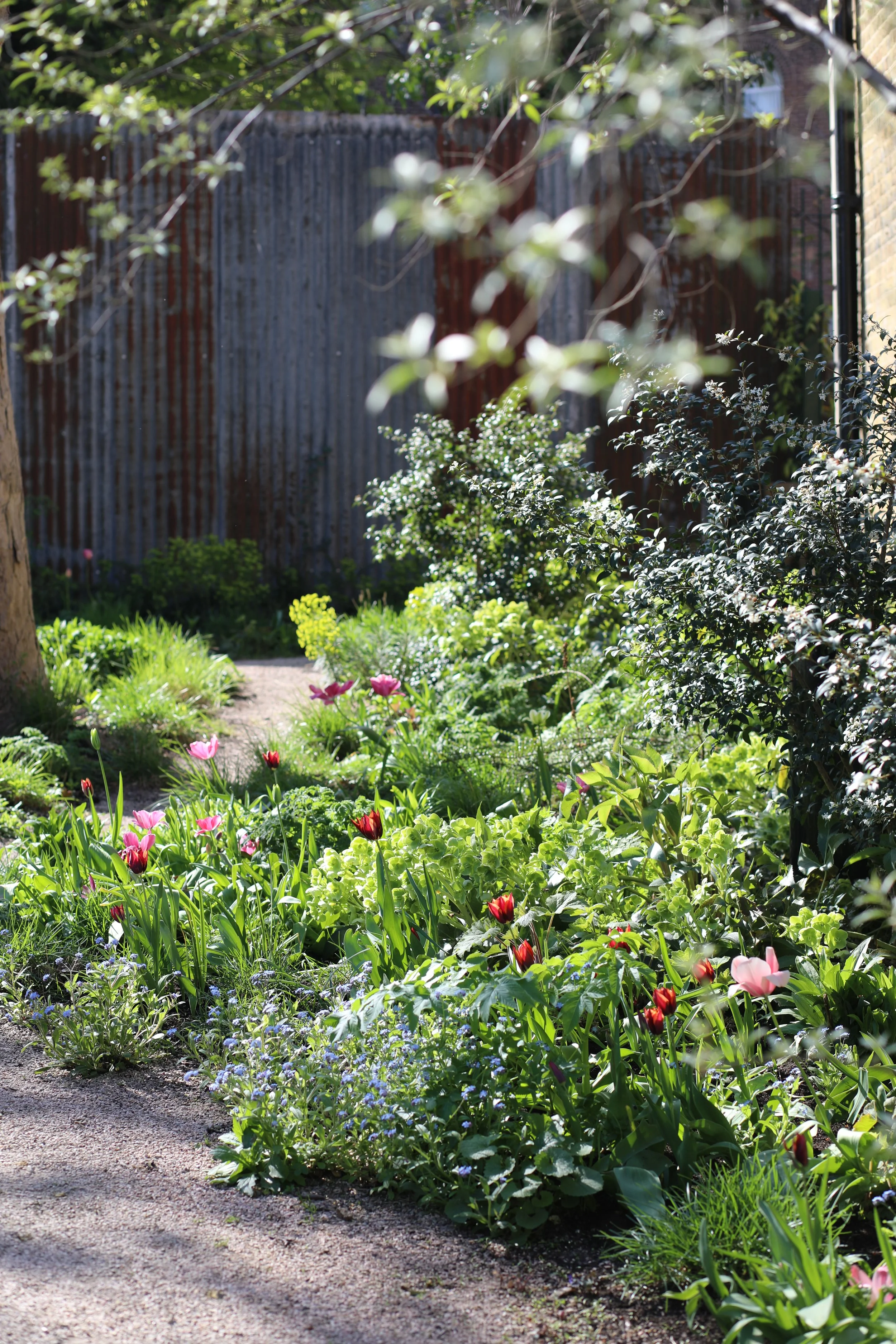ENVIRONMENTAL POLICY.
Scope & purpose
This policy covers all aspects of The Exchange’s work, including physical property, services and goods we procure, the partnerships we develop, and our public programme. The aim of this policy is to guide our work to ensure that we are becoming an increasingly environmentally responsible organisation, and that we are supporting our people and beneficiaries to be better equipped with tackling the climate emergency.
Responsible parties
All Staff and Board Members are responsible for adhering to this policy.
The Senior Leadership Team is responsible for ensuring that staff have the training and support required in order to take action in their roles.
The Board of Trustees has ultimate accountability and will discuss The Exchange’s environmental work and progress at every board meeting, ensuring plans are in place.
Impacts & risks
Energy and water use within building: The Old Library is a poorly insulated grade II listed building which requires significant energy use to heat and power. On top of this, we have Workshops which use equipment (e.g. kiln) which pull a lot of power to operate. We also run a Coffee Bar and a designer garden where water usage is high. That being said, people using our community building and not heating their homes could be less impactful on the environment.
Waste management at building. As a public building, we invite significant numbers of people to use the space for programmed activities, and more generally as a place to be. This generates significant waste which needs to be managed better.
Use of Generative AI. As a growing organisation with a larger staff and volunteer team, we are aware that our indirect impact on the environment will be higher as a result of society’s embracing of Generative AI which significantly more impactful that traditional AI.
Transport use by people coming to The Exchange. We want to increase numbers of people using The Exchange, but every increase means a higher environmental impact.
Raw materials use through Workshops. We are a making space and much of our programmed activity is about using materials to create new products. This can have a potentially significant impact on the environment.
Procurement & Sales practices. We both buy in products and sell products. We need to work with other organisations that share our ambitions for environmental sustainability so as not to create indirect impact, and we need to ensure our practices meet best practice, for example in regard to packaging.
OUR COMMITMENTS
All Staff and Board receive Climate Literacy training, and that this is embedded into the Onboarding Processes.
All Staff are supported by Line Managers to take action in their roles against this policy and will be asked report on actions relating to this Policy as part of their Quarterly Review process; this information will then be used to report to the Board/Sub-Committee.
We will change our business banking provider, from Barclays to one of the most environmentally responsible, i.e. Nationwide or Co-operative Bank.
We will continue to monitor our energy use through use of Creative Climate Tools.
We will reflect on and question the need to use Generative AI and establish practices that reduce accidental/non-intentional use.
We will reflect on and question the need to use/frequency of use of equipment and embed this reflective practice into the Workshop programmes.
We will champion sustainable design and production practices, emphasising the benefits of reuse/refurbishment/recycling, designing for repair, slow making and clearly communicate the environmental thinking behind each project/product.
We will build sales partnerships with organisations that share our aims for environmental sustainability or help us achieve a low-impact transaction (i.e. local).
We will avoid buying from organisations that use unsustainable practices e.g. use of airfreight, poor worker rights.
We will encourage more sustainable transport options to The Exchange, e.g. bus, train, walking, cycling, car-share.
We will improve our waste management practices across all areas of work, reusing, recycling and composting materials wherever possible, understanding our current general waste quantity (and where it comes from) and putting a plan in place to reduce substantially.
We will sustain our current approach to packaging, i.e. repurposing of other sustainable packaging materials, repurposing old print materials, and not using anything non-recyclable or non-biodegradable.
We will embed environmental learning into our programming work.
We will develop a plan and seek out funds that would enable building retrofit, improving insulation of building and use of green energies.
We will include Climate Responsibility on our Board’s agenda at every quarterly meeting, reviewing progress against our commitments, across all areas of the organisation.
Date the Board agreed the Policy: 20 March 2025
Date we publicly published this Policy: 30 April 2025

